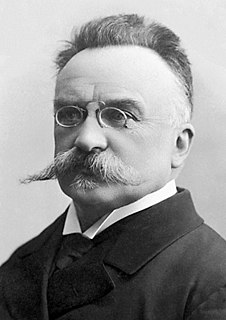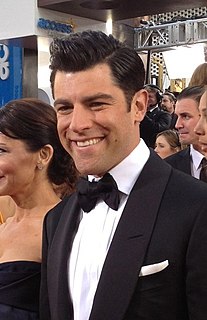A Quote by Harold Ramis
When a director writes, there's a compulsory arbitration. You have a right to challenge any of the arbitrators, but they pick three of four arbitrators who read all the drafts with no names attached and then allocate credit.
Related Quotes
I remember Emilio [Estevez] and I were at John's house during the rehearsal process. And John [Huges] had mentioned he wrote the first draft of Breakfast Club in a weekend. And we both at the same time went, "First draft? How many do you have?" And John said he's got four other drafts. And we go, "Can we read them?" And for the next three hours, Emilio and I read those other four drafts.
The way I pick movies is, first, if the script is any good. Then, if the script is good, who else is in it, the director, the producer, all that. If you have all that, there's a chance the movie will be great. If the script isn't right, or the director or cast isn't right, you've got no shot in hell.
After my grandfather died I went down to the basement of my family house where my family kept books, anthologies and things and there was an anthology without any names attached to it and I read a poem called Spellbound and I somehow attached it to my grandfather's death and I thought my grandfather had written it.
The dream, I think, with any project is it starts with an idea, and then somebody writes it, and the writer hopes that a director comes on and makes this piece of material visual, and both the director and writer hope that they can have actors come in and bring something to it that neither one of them expected, elevating it along the way.
A government is a compulsory territorial monopolist of ultimate decision-making (jurisdiction) and, implied in this, a compulsory territorial monopolist of taxation. That is, a government is the ultimate arbiter, for the inhabitants of a given territory, regarding what is just and what is not, and it can determine unilaterally, i.e., without requiring the consent of those seeking justice or arbitration, the price that justice-seekers must pay to the government for providing this service.
If Muslims want to take their disputes to religious arbitrators because they genuinely believe that it's a matter of great spiritual importance that they do that, they shouldn't be the only community in this country that's denied the opportunity to do that. Because the Jewish population has been entitled to take their disputes to tribunals known as the Beth Din for over one hundred years, and the Church of England is integrated into the fabric of this country, and there are ecclesiastical tribunals where religious disputes can be dealt with.




































